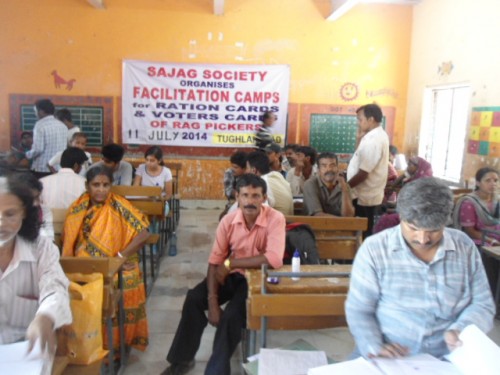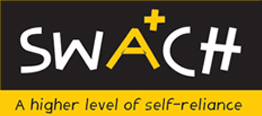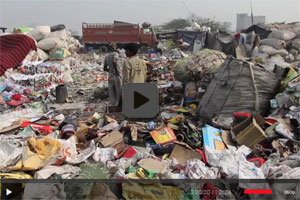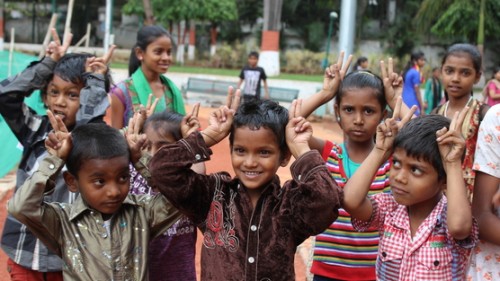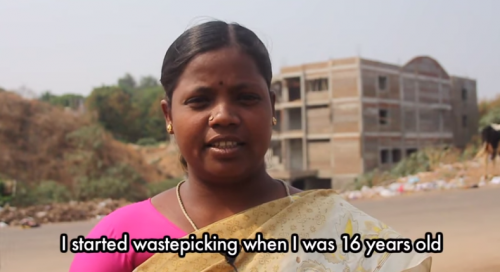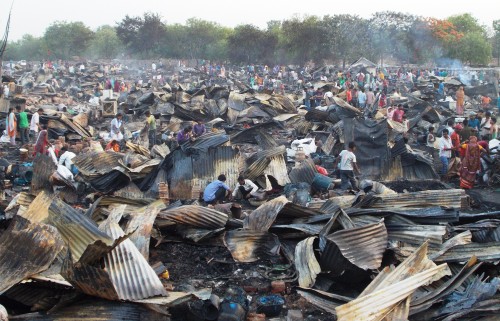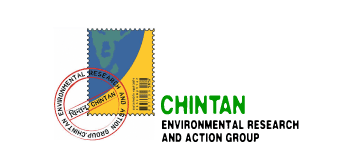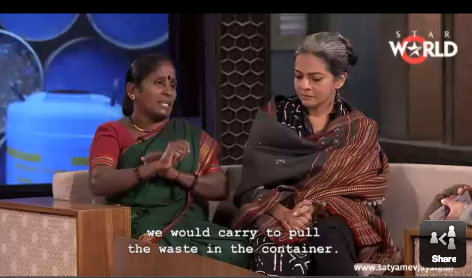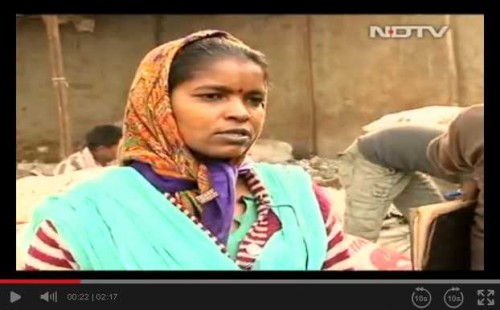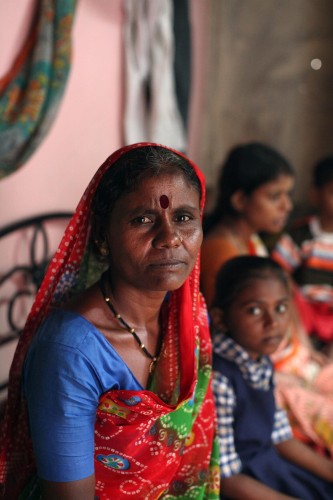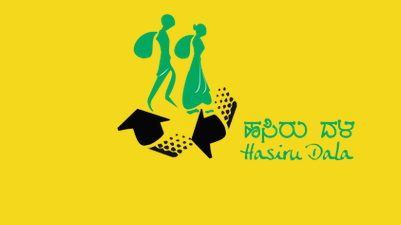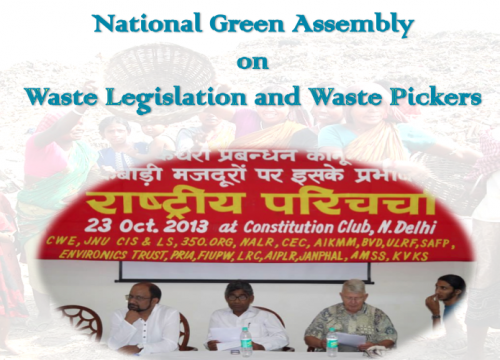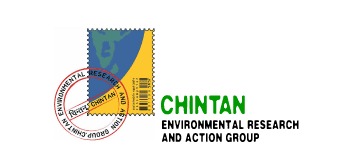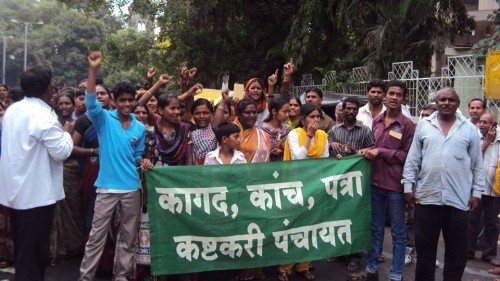
Petition: support equitable education for waste pickers’ children!
The idea of “equity in education” in India has unfortunately remained just an idea… And this is despite the fact that a large section of the marginalized in our country has been involved in its pursuit. Access to education continues to remain difficult for the children of waste pickers whose relentless efforts and petitions have fallen on deaf ears, and don’t find a place within the agenda of the Maharashtra government.


